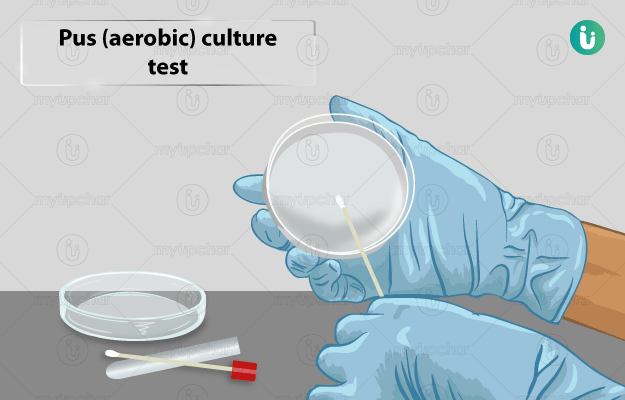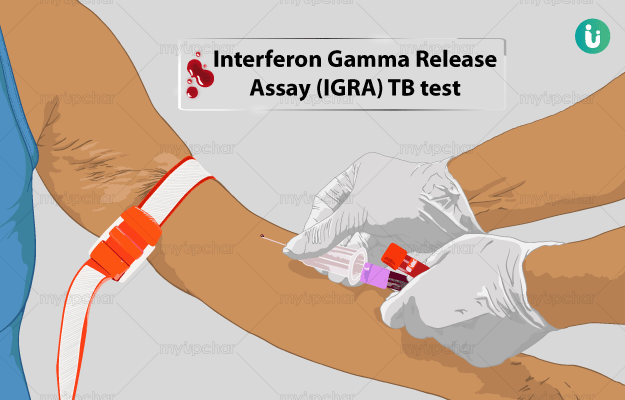What is Pus (aerobic) culture test?
Culture tests are done to identify infectious organisms in the body. The aerobic culture (pus) test detects aerobic bacteria in pus, which is the yellowish liquid that forms at the site of infection.
Aerobic bacteria need oxygen to survive and grow, and hence they typically cause infection close to the skin surface. Some of the examples of aerobic bacteria include group B Streptococci, Enterococcus faecalis, Staphylococcus aureus, Klebsiella, Proteus, Escherichia coli (E coli), Pseudomonas aeruginosa, Bacillus and Nocardia.
Pus may contain different types of organisms, which can be identified to initiate the treatment for infection at the earliest and promote rapid healing.
The pus used for the culture test is obtained from skin or tooth abscess (pus confined within a tissue), sores or wounds on the skin, eye, ear, urethra, umbilical cord, throat, nails or at the site of sutures after surgery. Once isolated, the pus is added to a substance in a dish that promotes the growth of bacteria. If aerobic bacteria grow in the dish, it indicates the presence of infection.
































